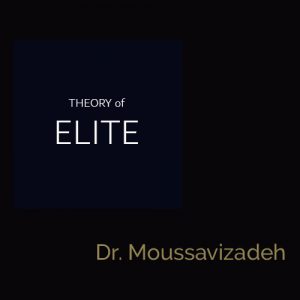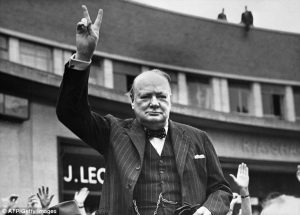Power, and Elite Theories
On the subject of representation, similarities between the background of MPs are more striking than the dissimilarities. In social terms the House of Commons is unrepresentative of the populace as a whole. About 40 per cent of the papulation of Britain are in non-manual (middle-class) occupations and 60 per cent in manual (working-class) occupations. This balance is not reflected in parliament. Such an imbalance is hardly surprising, as the job of MP is non-manual and therefore likely to attract the professional category.
Moreover, as many commentators have said. the leaders of all parties in common with the leaders of other influential groups than they do with the people they represent. Top businessmen, Civil servants, military leaders and politicians as was mentioned all tend to come from similar walks of life and have shared the same paths through education. Thus, the common backgrounds are reflected in shared values – ideas of what is important: and that the people occupying top positions will tend to view the world, in a similar way and seek similar solutions to problems.
Reconciliation between elites and the idea of democracy is because of the very reason that power is in the hands of a very few institutional (in the United States) and both institutional and class (in the United Kingdom) office-holders. In Britain for instance democracy can be likened to a sporting event, all the groups we have mentioned are in competition to win. In order to win power, the must persuade the electorate to support them rather than the other competitors. To do this they generally try to show that they are working in the national interest and for the benefit of as many diverse groups in society as possible. The electorate, according to this view, act as the adjudicator in the competition. The group which achieves the widest appeal gains the victor. However, this simple observation becomes for politicians a precarious balancing act: they must ‘feed’ the voters enough positive evidence that their party will be the most effective government but remain sufficiently non-committal so as to offend as few voters as possible and, at ten same time, retain freedom of action should political power be won. In Schumpeter’s words “Democracy is an institutional arrangement for arriving at political decisions in which individuals acquire the power to decide by means of a competitive struggle for the people’s vote”.44
Parry’s observation has put it this way: “‘Democracy’, and ‘democratic’ have become in the twentieth century words which imply approval of the society or institution so described. This has necessarily meant that the words have become debased in that they have almost ceased without further definition to be of any use in distinguishing one particular form of government from another”.45 From all these remarks it could be concluded that the choice between Conservative and Labour is no choice.
The ruling class who are in the occupation of command posts may be seen as the possessors of celebrity wealth and power: they may be counted as members of the upper stratum of a capitalistic society. They can be described in terms of psychological and moral criteria as certain kinds of selected individuals. The elite, in simple terms, are people of superior character and energy.



